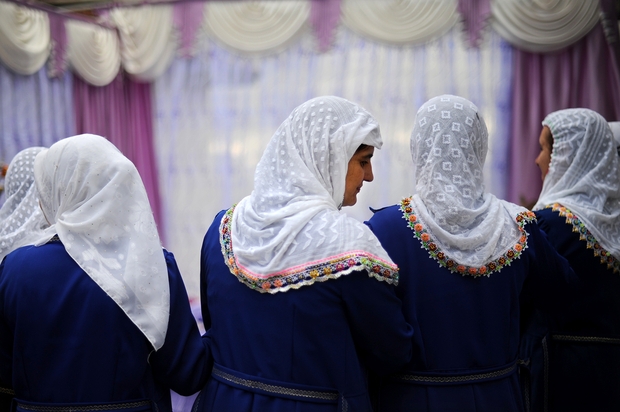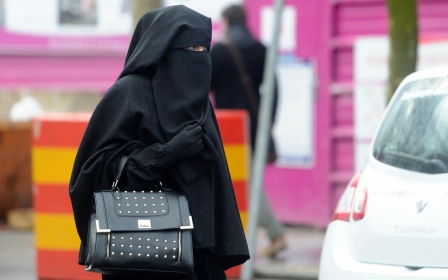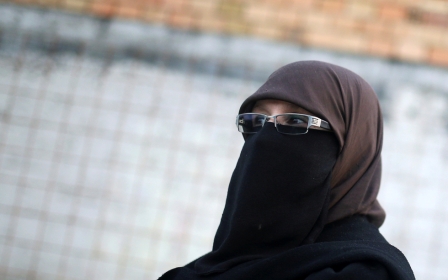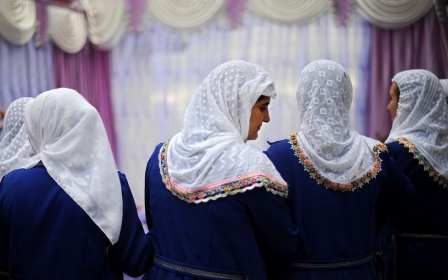Norway seeks ban on burqas in classrooms

Norway's right-wing government on Wednesday announced plans to ban the full-face Islamic veil from classrooms and university lecture halls.
Education Minister Torbjorn Roe Isaksen, quoted in the Vart Land newspaper, said the government was seeking "national regulations prohibiting the full-face veil in schools and universities".
Muslim women are rarely seen wearing such veils in Norway, let alone in schools. But the issue has come up recently in political debates, with less than a year to go before parliamentary elections.
Several political parties, including the opposition Labour Party, have expressed support for such a ban.
Roe Isaksen stressed that the ban would not apply to Islamic headscarves that leave the face exposed such as the hijab. People should be allowed to express their faith in public in Norway, he said.
"I want a young Christian girl who wears a cross to be able to show it," he told parliament. "I want a Jewish boy who wears a kippa to be able to show it. And I do not want a ban on the hijab."
The Norwegian move comes as several European countries have moved to ban the face-covering niqab and full-body burqa.
Bulgaria on Friday banned women from wearing the full veil in public, and Switzerland's lower house last week narrowly approved a draft bill on a nationwide ban.
In August, Germany's interior minister came out in favour of a partial ban.
France and Belgium have both banned the burqa and niqab in public, while French beach resorts sparked international controversy this summer with local bans on the full-body "burkini" Islamic swimsuit.
A poll published earlier this month showed Britons to be strongly in favour of a burqa ban.
Middle East Eye propose une couverture et une analyse indépendantes et incomparables du Moyen-Orient, de l’Afrique du Nord et d’autres régions du monde. Pour en savoir plus sur la reprise de ce contenu et les frais qui s’appliquent, veuillez remplir ce formulaire [en anglais]. Pour en savoir plus sur MEE, cliquez ici [en anglais].




